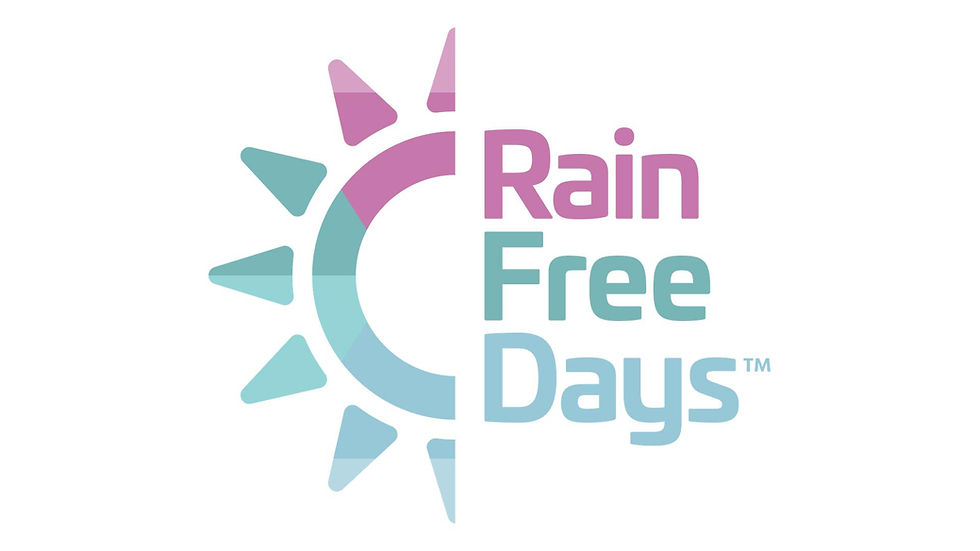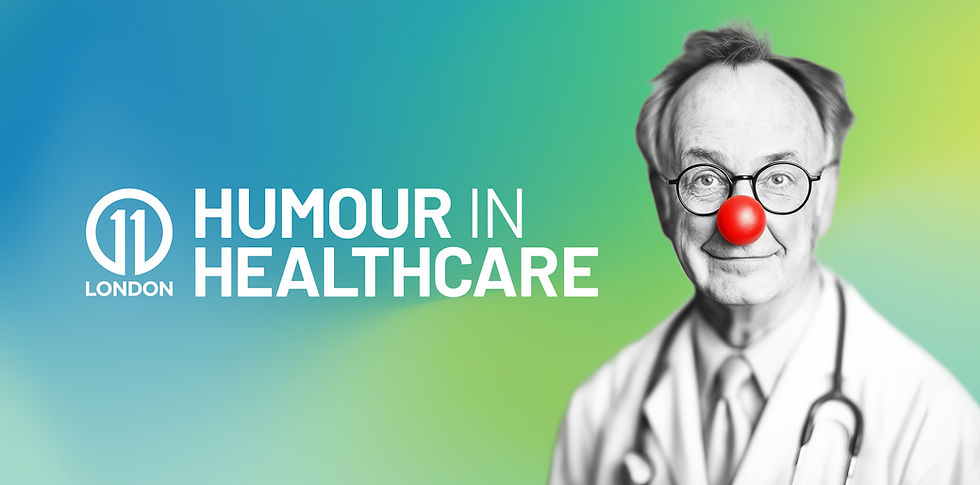Unlocking answers to rare diseases: a common conundrum
- matthewhunt123
- Feb 14, 2022
- 3 min read
By Matthew Hunt

Imagine finding out that you have a disease that affects only one person in the country. You.
Now imagine that it took you years to get this diagnosis, because almost no-one had heard of your disease. Think about how many doctors you’d have seen, and how you’d have to tell the same story, again and again – only to be told that what you have doesn’t exist, or to be given diagnoses and medications that make no sense or have no effect.
How much time and money would you spend travelling to see overseas specialists, while feeling progressively worse with each passing year? How would you work? How would you feel, when you finally got a diagnosis, to learn that there was no cure?
Unfortunately, this terrifying scenario is only too real. Last week, the team from 11 London went to RARE Summit 2019, organised by the Cambridge Rare Disease Network, and met Carina Thurgood, whose daughter was diagnosed with Hereditary Spastic Paraplegia 15 (SPG15). There’s no one else in the UK with this condition, it’s still untreatable, and to quote Carina, the quest for a diagnosis is ‘not a journey, but an odyssey’.
Rare diseases in Europe
There are around 7,000 recognised ‘rare’ diseases; in Europe, ‘rare’ is defined as affecting fewer than 1 in 2,000 people. However, given that 1 in 17 people in the UK have a rare disease, the community as a whole is substantial. Or, to put it another way, it’s quite common to have a rare disease.
But far too little is known about them. Over 80% of rare diseases are genetic, so they are only recognised today thanks to the mapping of the human genome in the last two decades. And only 5% of them have a therapy that can deal with the disease in some way. At this current rate of progress – with just 10-15 drugs for rare diseases approved each year - it could take around 500 years before we can help everyone. Faced with depressing statistics like this, it’s hard to see a way forward.
Yet, undaunted, a raft of amazingly committed groups and individuals are campaigning hard to improve the outlook. We left the RARE Summit uplifted by the prospect that, collectively, it is possible to make a difference sooner than the numbers suggest.
The importance of quick diagnosis
For instance, diagnosis plays a key role. So an improved NHS flagging system could help people get a correct diagnosis faster, rather than suffer the agony and ignominy of being passed from pillar to post. And that diagnosis – with the help of systems like the Q-POC™, developed by 11-London clients QuantuMDx – could happen at a genetic level. But it will take a procedural and mindset shift among HCPs and CCGs to achieve this.
Then there are ways in which we can help patient groups fundraise, deal with business admin, and raise awareness faster. Most patient organisations face similar challenges, but don’t know how others have resolved them. So a case study sharing programme like Bob Health, aimed at helping the rare disease community access best practice examples uploaded by their peers, could save a lot of guesswork and frustration.
There’s no doubt that having a rare disease can be lonely, but connecting with other people in the same or a similar situation can make life more bearable – and can only help the quest for a cure. Even if people don’t have the same precise genetic condition, sometimes there can be similar clinical manifestations of it. For instance, Gaucher’s disease is rare, but it can show up as Parkinson’s disease. When this happens, Gaucher patients could share some of their experiences with Parkinson’s patients – of whom there are many more. Moreover, researchers have started to investigate the scientific reasons for the interconnection, which may provide answers to treatment for both conditions.
None of these measures are a substitute for the investment of time and money needed from drug companies, biotech, academia and medical professionals. But, together, they could help the fragmented rare disease community move more effectively towards what are often common goals. And it’s clear that communications have a critical role to play in making the best of the assets we already have: by sharing best practice, testing better practice, raising awareness and connecting people.
About 11 London
11 London is an advertising and communications agency, based in West London. We work in the areas of health and humanity - with organisations, brands or products that improve or prolong life. To learn more about 11 London, please contact:




